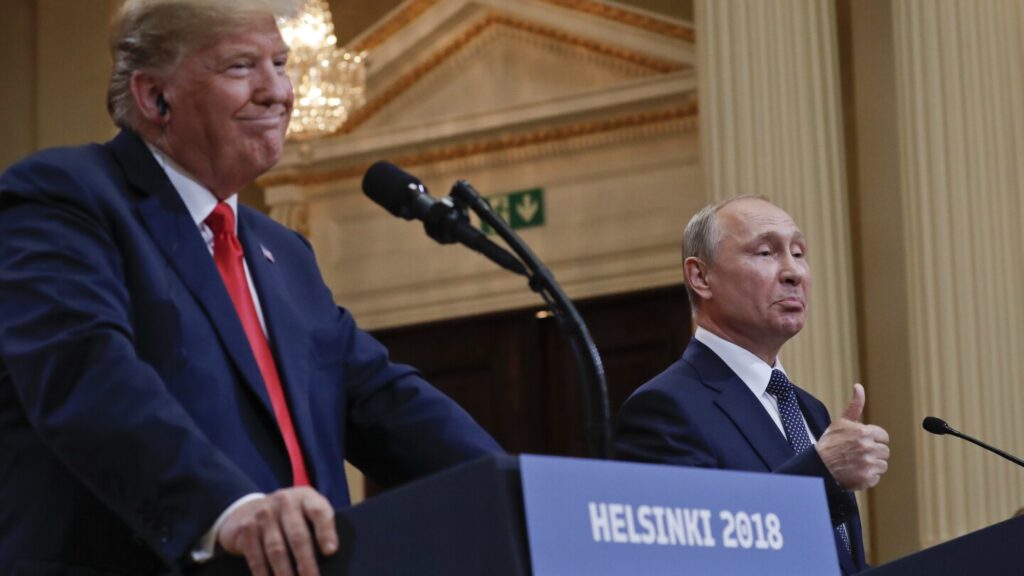Preparations are in motion for a potential face-to-face meeting between U.S. President Donald Trump and Russian President Vladimir Putin, a significant shift away from Western efforts to isolate Moscow due to its actions in Ukraine. Russian Deputy Foreign Minister Sergei Ryabkov emphasized the meeting’s aim to normalize relations and address critical global issues beyond Ukraine. While early in the planning stages, the meeting would require intensive preparatory work and potential discussions among senior officials.
Recent discussions between Russian and U.S. representatives in Saudi Arabia signaled a shift in U.S. foreign policy under Trump, with agreements to work towards ending the war in Ukraine and enhancing diplomatic and economic ties. Key goals include restoring embassy staffing, supporting Ukraine peace talks, and exploring closer relations and economic cooperation.
Despite progress, Ukrainian officials were notably absent from the Saudi meeting, leading to concerns about Ukraine being sidelined. Trump’s evolving stance on the conflict, acknowledging Russia’s invasion of Ukraine, contrasted with his earlier comments blaming Kyiv. The European allies’ support for Ukraine was evident, with protests in London demanding increased aid for Ukraine and calls for Kyiv’s involvement in crucial decision-making processes.
As diplomatic efforts intensify amidst uncertainty, Ukraine’s EU allies have shown solidarity through coordinated diplomatic engagements. The focus remains on preventing Putin’s success to safeguard European and American stability. The evolving dynamics leading up to potential high-level meetings underscore the complex geopolitical landscape surrounding the conflict.

